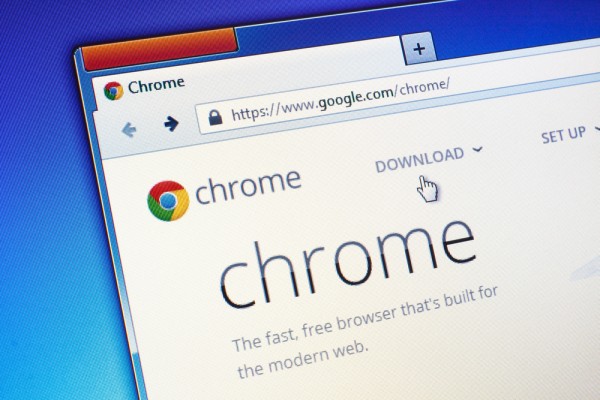US DoJ seeks Chrome divestiture in Google antitrust case
21/11/2024 | Financial Times
The US Department of Justice (DoJ) has petitioned a judge to force Google to divest its Chrome browser and potentially its Android operating system in a bid to reduce the company's dominance in online search. The proposal filed on Wednesday claims that divestitures would free the search market from Google's long-established control. The move comes after a landmark case in August by US District Judge Amit Mehta ruled Google's search dominance constitutes an illegal monopoly. The DoJ is also seeking to impose limits on the company's artificial intelligence (AI) training methods.
In their proposal, the DoJ argues that Google should be prohibited from owning a browser, must refrain from re-entering the browser market for five years after the divestment, and must not invest in competing businesses in the search, AI, or advertising sectors. Google would also need to divest these assets within six months. Furthermore, the DoJ requests that the company provide its search index to rivals at minimal cost and share user and ad data for a decade at no charge, with privacy safeguards in place.
Google's parent company, Alphabet, plans to appeal the liability ruling and is expected to contest the proposed remedies, a process that could prolong the legal battle for years. While Judge Mehta is expected to deliver a ruling by mid-2025, there is uncertainty over the direction incoming president-elect Donald Trump may take on antitrust enforcement against Google and other tech giants.
£ - This article requires a subscription.
A version of this article is available without subscription in The Guardian

What is this page?
You are reading a summary article on the Privacy Newsfeed, a free resource for DPOs and other professionals with privacy or data protection responsibilities helping them stay informed of industry news all in one place. The information here is a brief snippet relating to a single piece of original content or several articles about a common topic or thread. The main contributor is listed in the top left-hand corner, just beneath the article title.
The Privacy Newsfeed monitors over 300 global publications, of which more than 6,250 summary articles have been posted to the online archive dating back to the beginning of 2020. A weekly roundup is available by email every Friday.

